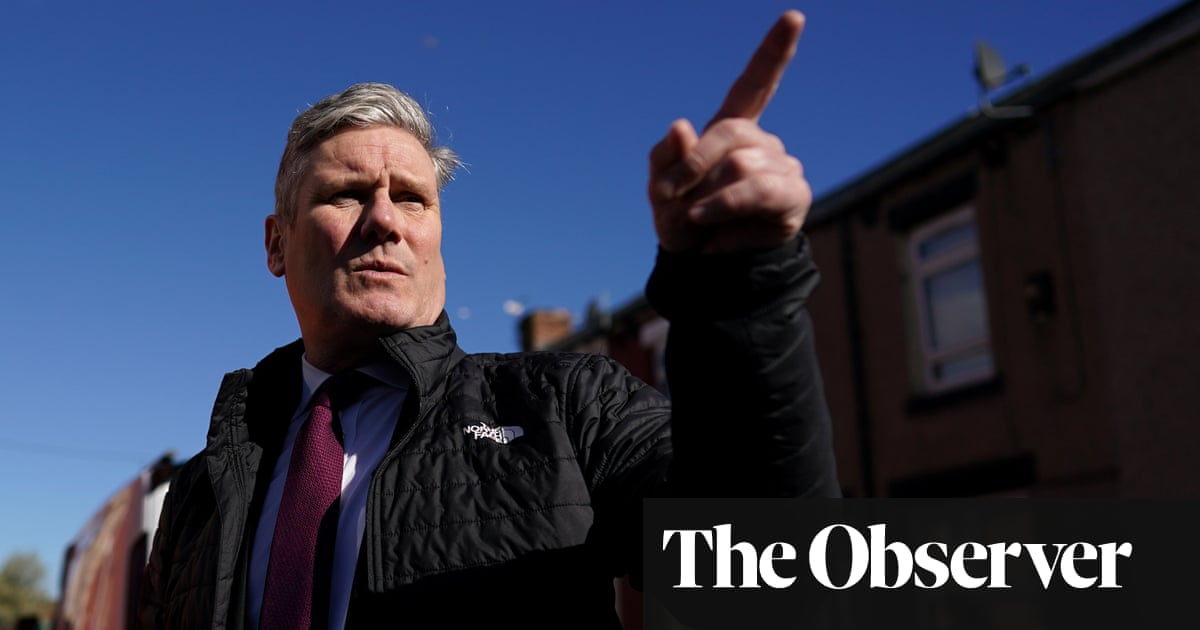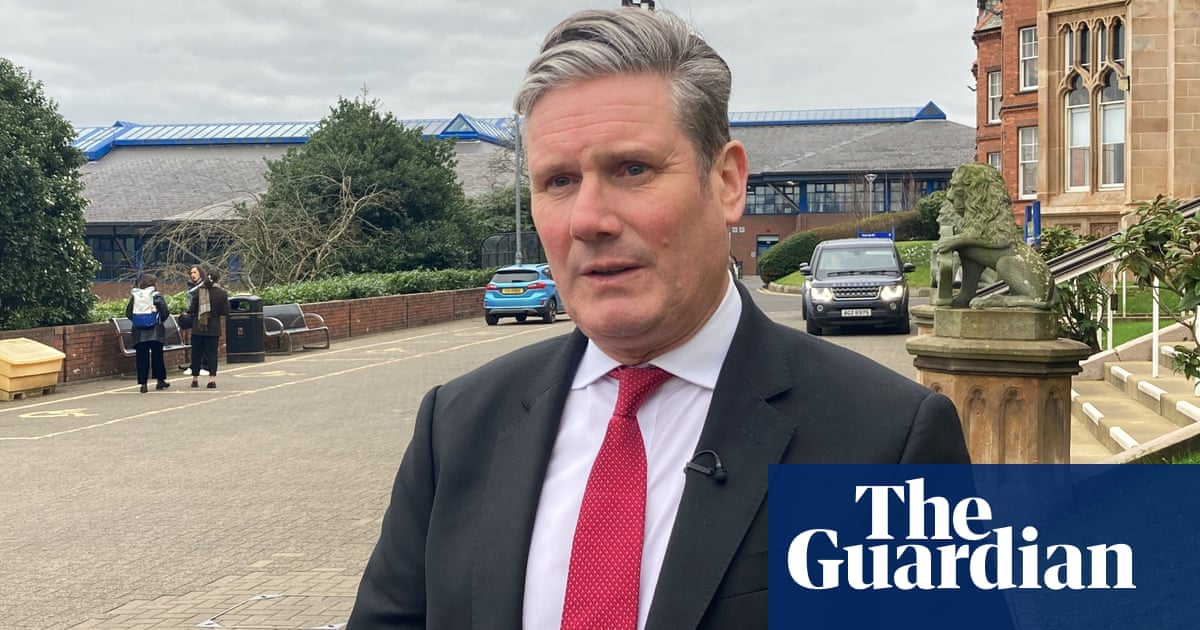
In three weeks’ time, Ed Davey could be standing at the dispatch box as the leader of the opposition, Rishi Sunak could be on a plane to California having lost his seat and three-quarters of the cabinet out on the job hunt while more than 500 Labour MPs take their seats. There are no leadership chances for the seatless James Cleverly, Penny Mordaunt or Priti Patel.
Are these predictions real, or as outlandish as they sound? Not all the polls are as apocalyptic for the Conservatives as the scenario above describes, but if Keir Starmer enters parliament with a majority of 150, it would now feel almost disappointing.
Inside Labour HQ, there is a policy not to discuss the polls at all and to make decisions based purely on the party’s own data and precision-targeted strategy.
But for Labour campaigners trying to mobilise voters, the polls are becoming positively unhelpful. It is the Tories who stand to gain the most from the argument that it is important to have a bulwark of Tory MPs as a counter to an unprecedented Labour majority, in order to motivate their disillusioned base and activists.
It is also a key argument for Starmer’s critics on the left. A Labour landslide is nailed on, they argue, so vote with your conscience for Greens or independents if you want to put pressure on the party about the climate crisis or war in Gaza.
And it is easy to see why that argument has some merit – the polls indicate that Starmer will be the most powerful prime minister in modern times with a majority double that of Tony Blair’s in 1997. But drill closer into the data and listen to ground reports from Labour MPs and activists and the picture is not quite the same. A dozen Labour candidates who the Guardian spoke to this week said that although Tory voters in their patches and elsewhere were hugely disillusioned and divided, they were encountering large numbers of undecided voters.
Even if Labour HQ believes the polls, the party lacks the capacity to work all of the potential targets. “Tory vote is collapsing to Reform in the long shot seats,” one MP said. “But many I don’t think are realistic. We aren’t re-directing resources.”
“It feels more volatile than ever with a lot of undecideds and uncertains,” said another MP.
“It’s positively unhelpful,” said another, drawing a comparison with the 2017 election, when people voted for Labour thinking the then leader, Jeremy Corbyn, wouldn’t win. “So many ‘undecided’ voters may land Tory as they think it won’t matter … I’ve been in a seat where the Tories are hiding in undecided responses too – so I expect things to narrow a lot.”
Some Labour candidates are so anxious about their own, safe seats they are annoyed at being harangued by Labour HQ to campaign elsewhere – and some of the Labour WhatsApp groups are near mutinous about the degree of control being placed on their movements. Ellie Reeves, the party’s deputy campaign coordinator, recently told them not to make more than 500 contacts in their own seats and that those with bigger majorities had to spend at least five days a week in battleground seats.
The most recent MRP polls – for Savanta and Ipsos – put between 100 and 150 seats on a knife-edge. The polls use a method taking about 10 times the usual number of survey respondents and extrapolate that data on to constituencies.
But very different methods are used by all the different pollsters now using this new method of MRP polling in order to drill down into the different constituencies. In the past, these polls have been very accurate – the YouGov MRP poll in 2017 was the only one to detect the Tories would lose their majority.
But the numbers of voters actually surveyed in each constituency is tiny and the methods used to determine how that will affect the national picture differ from pollster to pollster. All the predictions are for a Labour victory – but between all the pollsters, results vary by 134 seats.
Sometimes, the polls throw up bizarre results in certain seats where the local picture is complicated. In the past week alone, polls have predicted Nigel Farage failing to take Clacton – and also predicting he will win with the largest swing in history.
The clincher for the Conservatives is that – for all the wobbles about undecided voters – no one is detecting a swing back to Sunak. Campaigners say they are barely meeting anyone who says they are voting Conservative. Nothing Sunak has said during the election campaign – whether it is policy, attacks on Starmer or his performance in the debates – has moved the dial apart from negatively.












